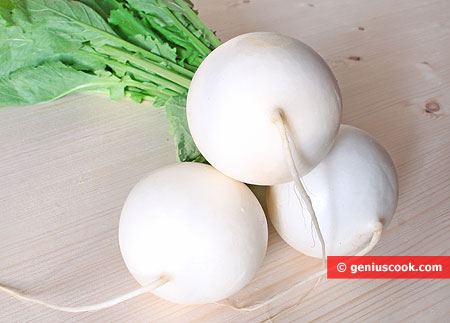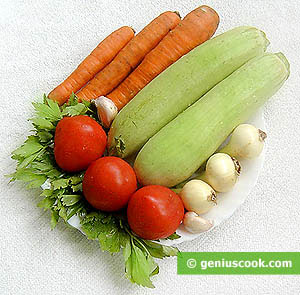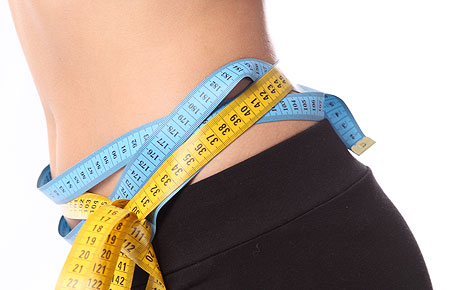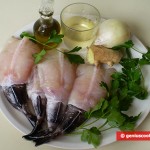How to Get Good Nourishment with a Vegetarian Diet 2
If you have your heart set on vegetarianism, you need to get adequate nourishment complete with calcium, iodine, iron, omega 3, protein, vitamins B12 and D and zinc. Here is some advice from the MAYO clinic dietitians on how to get enough of those components and why we need them.
- Calcium strengthens teeth and bones. Dairy products are the ones richest in calcium. If you don’t have dairies on your diet, then use dark-green vegetables, cabbage and broccoli which are the green sources of calcium, as well as calcium-fortified juices, cereals, soy milk and tofu.
- Iodine is a component of thyroid hormones that help regulate metabolism, the development and functions of the brain, the heart, the kidneys and the thyroid gland. Strict vegetarians don’t get enough iodine and run the risk of developing iodine deficit up to growing the goiter. They can buy salt with iodine, ¼ teaspoon will provide them with ample amount of iodine.
- Iron is an important component of red blood cells. Beans and pea, lentil, enriched bread cereals, dark green leafy vegetables and dry fruits are good sources of iron. But iron is not absorbed from plants easily. That’s why vegetarians require two times the intake of iron. To provide for a better digestion of iron eat foods rich in vitamin C like strawberries, citrus plants, tomatoes, kiwi.
- Omega 3 fat acids are important for the cardiovascular system, the eyes and brain development. Vegetarian diets that exclude fish and eggs offer plant kinds of omega 3 fats that are insufficiently active. Plant kinds of omega 3 acids are but poorly converted into the kinds necessary for the body, therefore you can use fortified foods and additives.
The next article will deal with how to get enough protein, zinc, vitamins B12 and D.
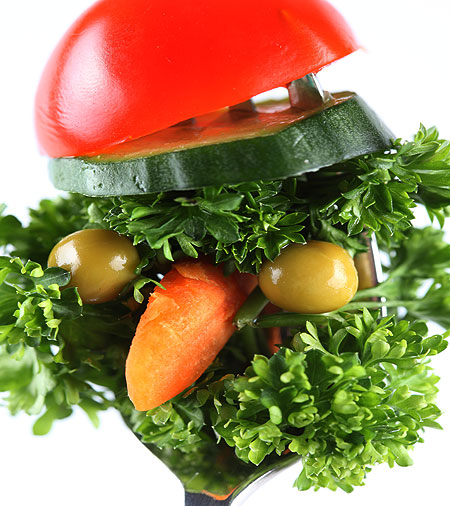
Good Nourishment with a Vegetarian Diet

